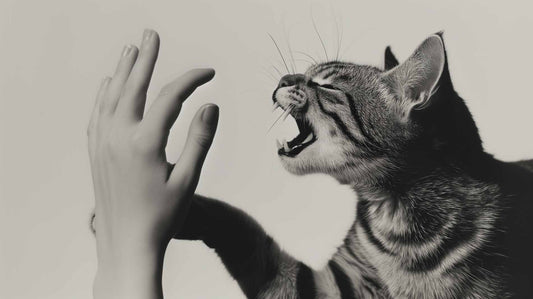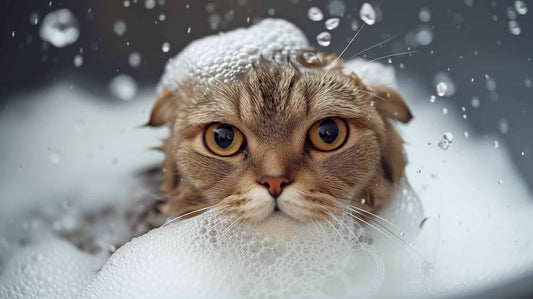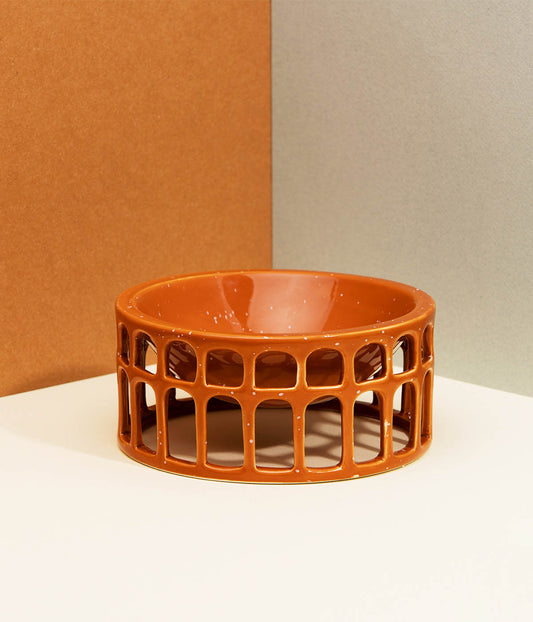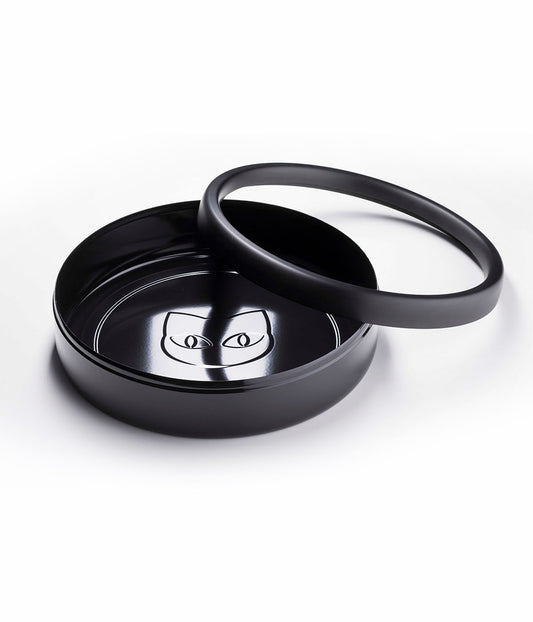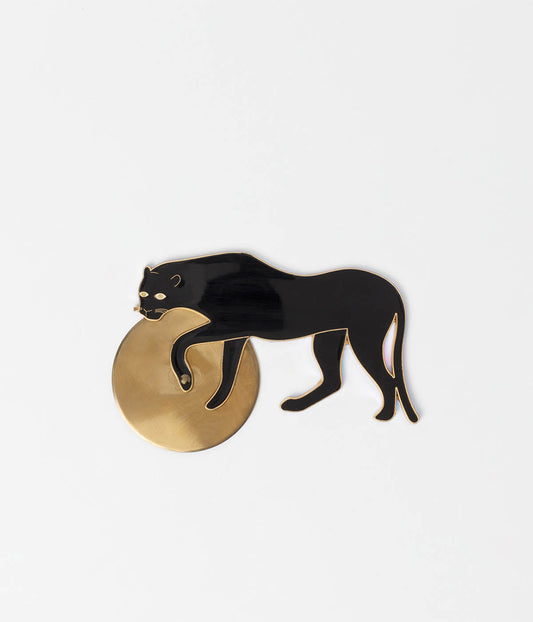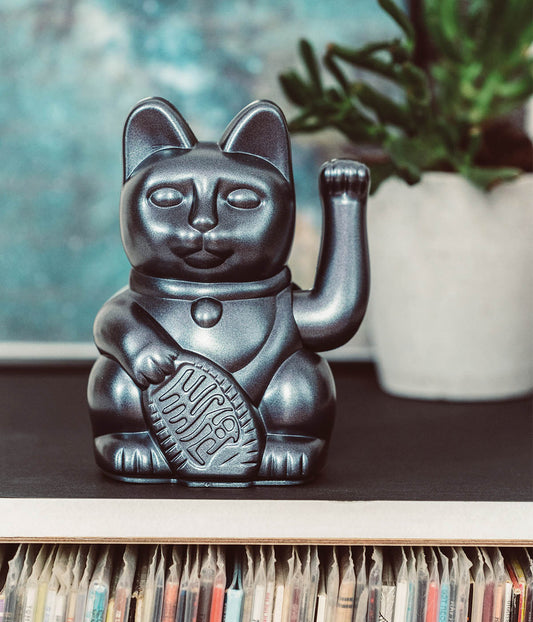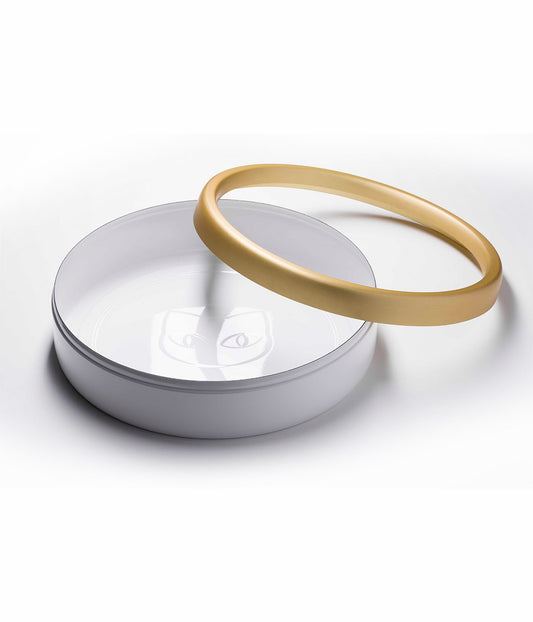
How to Discourage Coprophagia in Dogs
Marie DuchessAs a responsible dog owner, it's important to address any behavioral issues that may arise with your furry friend. One such behavior that can be both unpleasant and potentially harmful is coprophagia, which is the act of dogs eating their own or other animals' feces. While it may seem like a strange and disgusting habit, there are ways to discourage this behavior and ensure the health and well-being of your canine companion.
Why do dogs engage in coprophagia?
Before we delve into the methods to discourage coprophagia, it's essential to understand why dogs engage in this behavior. There are several reasons why dogs may eat feces:
- Nutritional deficiencies: Dogs may eat feces to compensate for any nutritional deficiencies in their diet.
- Attention-seeking behavior: Some dogs may eat feces to get attention from their owners, even if it's negative attention.
- Instinctual behavior: In the wild, dogs may eat feces to keep their den clean and prevent predators from detecting their presence.
- Medical conditions: Certain medical conditions, such as malabsorption issues or enzyme deficiencies, can lead to coprophagia.
How to discourage coprophagia:
Now that we understand the reasons behind coprophagia, let's explore some effective methods to discourage this behavior:
1. Ensure a balanced diet:
Make sure your dog is receiving a nutritionally balanced diet that meets their specific needs. Consult with your veterinarian to determine the best diet for your dog's age, breed, and health condition.
2. Keep the environment clean:
Regularly clean up your dog's waste from the yard and litter box to remove the temptation. Ensure that the areas where your dog spends time are clean and free from feces.
3. Provide mental and physical stimulation:
Engage your dog in regular exercise and provide mental stimulation through interactive toys and puzzles. A tired and mentally stimulated dog is less likely to engage in undesirable behaviors.
4. Train and redirect:
Train your dog with basic obedience commands and redirect their attention when they show interest in feces. Use positive reinforcement techniques, such as treats and praise, to reward desired behaviors.
5. Use deterrents:
There are commercial products available that can be sprayed on feces to make them unappetizing to dogs. These products contain natural ingredients that make the feces taste unpleasant without causing harm to your dog.
6. Address medical issues:
If you suspect that your dog's coprophagia is due to an underlying medical condition, consult with your veterinarian. They can perform a thorough examination and recommend appropriate treatment options.
7. Seek professional help:
If your dog's coprophagia persists despite your best efforts, consider seeking the assistance of a professional dog trainer or animal behaviorist. They can provide specialized guidance and develop a tailored plan to address the behavior.
Remember, discouraging coprophagia requires patience, consistency, and understanding. By implementing these strategies and addressing any underlying issues, you can help your dog overcome this behavior and ensure their overall well-being.


